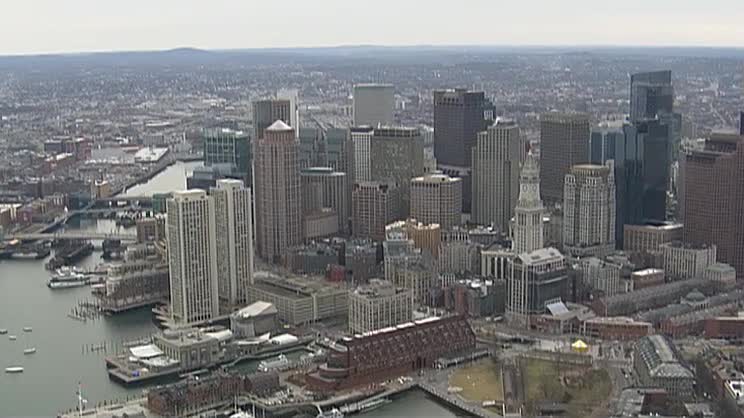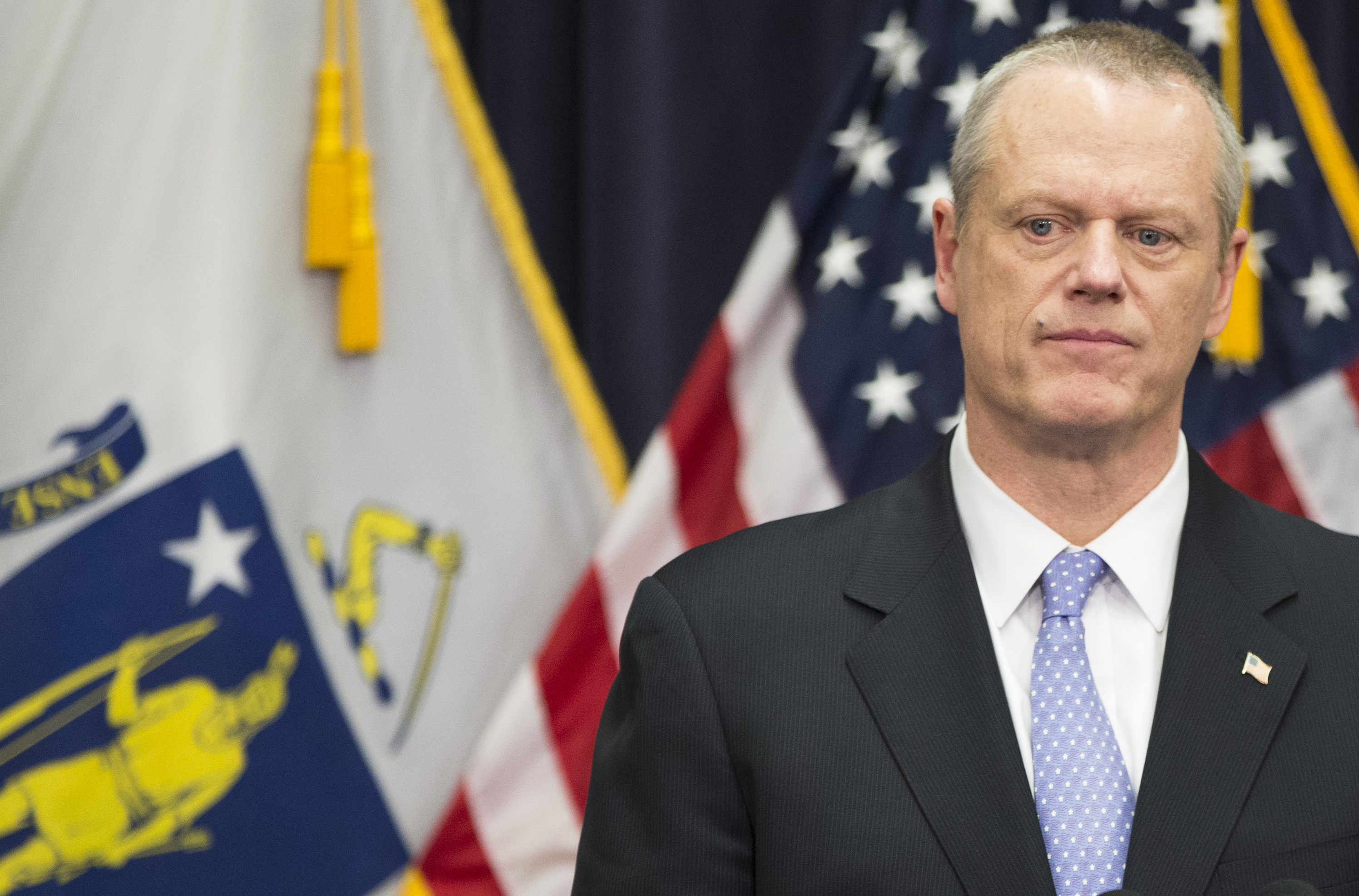Boston Mayor Marty Walsh gave an update on the city’s coronavirus response on Thursday, April 2, 2020.
Boston Mayor Marty Walsh announced on Thursday that he is dedicating $3 million in city funds to assist Boston residents at risk of losing their rental housing during the coronavirus pandemic.
However, not everyone affected by the coronavirus qualifies for the funding -- Walsh said the tenant fund "will be targeted to households that have lost income due to this crisis who do not qualify for federal relief or unemployment benefits to make it up."
We reached out to the city to find out who does qualify.
To qualify for the funding, residents cannot be eligible for the new extended unemployment benefits offered by the federal government, or must prove that the unemployment benefits that they will receive represent a significant reduction in their income, according to the Office of Housing Stability.
Applicants will also need to demonstrate that they do not have the savings necessary to meet their need through bank statements and that they do not have access to other resources, including gifts from family members, according to the Office of Housing Stability.
The amount of money that applicants receive will depend on the unemployment benefits established by the CARES Act, and the one-time federal payments many residents are expected to receive, the Office of Housing Stability said.
Households must earn less than 80% of Area Median Income (AMI), or $72,000 for a two-person household, to be eligible, according to the mayor's office. A large portion of the fund is reserved for households earning less than $42,000.
Residents who do qualify can receive up to three months of rent or up to $4,000 in financial assistance from the fund, according to the Boston Department of Neighborhood Development.
Applications for eligible residents open on Monday, April 6, according to the mayor's office.
The Rental Relief Fund is managed by the Office of Housing Stability along with two non-profits, Metro Housing and Neighborhood of Affordable Housing (NOAH).
"The need for rent relief as soon as possible for Bostonians, especially low-income families and women heads of household, is enormous," Philip Giffee, executive director of NOAH, said in a statement. "Far too many individuals and families have lost jobs - either temporarily or permanently - and are no longer able to make ends meet."
The announcement of the fund comes after several residents have advocated for a rent freeze during the coronavirus pandemic.



